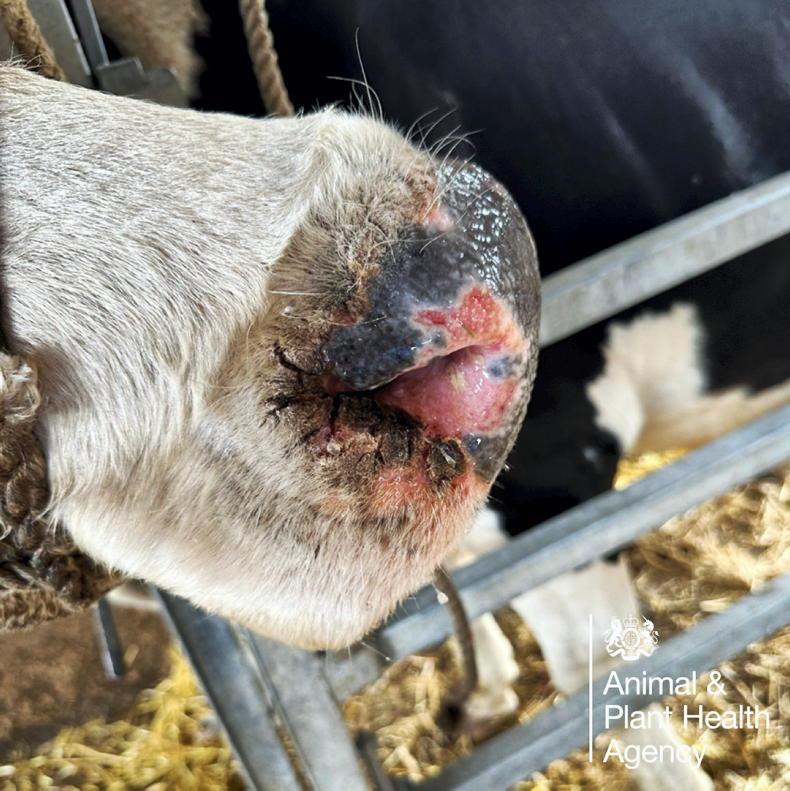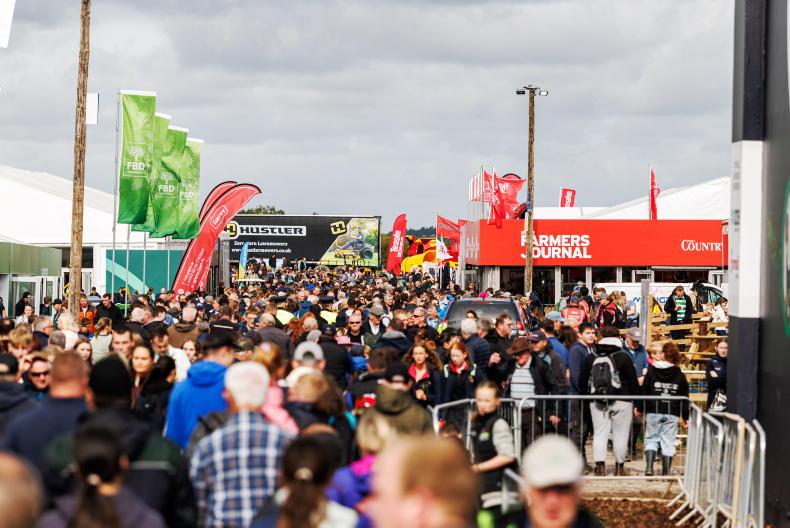Northern Ireland dairy co-op Dale Farm this week reported operating profits of £12.2m for its 2019-20 financial year, which was down 15% on last year.
Operating profit margins for the co-op narrowed from 2.8% in 2018 to 2.4% last year.
Earnings (EBITDA) were back 8% to £19.3m, while pre-tax profits fell 18% year on year to £9.8m. Overall, Dale Farm’s sales were relatively steady (-1%) last year at just under £505m
Speaking to the Irish Farmers Journal, Dale Farm CEO Nick Whelan attributed the drop in profits to a difficult year for the co-ops ice cream business after a wet summer, coupled with lower feed and fertiliser sales. Outside of these, Whelan said Dale Farm’s core cheese business performed strongly last year.
The co-op’s cheddar business grew by 12% overall, with sales into the retail channel performing particularly strongly with 17% growth. Dale Farm produces in excess of 55,000t of cheddar cheese for retail and food service customers.
The company has repositioned itself in the cheese category over recent years and is now one of the largest cheddar exporter into Britain. While the UK remains its core market, Whelan said Dale Farm now exports cheddar to 30 markets through its retail partners.
Milk supply
Dale Farm’s milk supply from its 1,300 farmer suppliers grew by over 5% last year, close to 900m litres. Based on the Irish Farmers Journal milk league for NI, Dale Farm paid an average weighted milk price of 26.2p/l to suppliers of up to 650,000 litres and an average weighted price of 26.4p/l to suppliers of over 1m litres of milk.
However, Whelan said over 40% of Dale Farm’s milk pool is tied into fixed milk price contracts, which are not used to calculate the milk league price. When included, and adjusted for higher constituents, Dale Farm’s milk price last year stood at 26.84p/l.
COVID challenge
Aside from the co-ops financials, Nick Whelan says that COVID-19 is posing serious challenges to the dairy sector.
The Dale Farm boss said COVID-19 is posing some very challenging questions for the industry in terms of financial stability, business continuity risks and shifting customer channels.
“COVID-19 is serious. The last number of months have been very challenging in terms of profitability and we’re very cautious around capital spending and how we deploy maintenance capital,” said Whelan.
The Dale Farm boss added that over a third of the co-op’s sales came from food service customers and the company was forced to re-engineer production lines in order to meet the major shift in demand from the retail channel.
Forecast
However, Whelan said COVID-19 is a medium-term challenge that’s going to last longer than just a few months, making it very difficult to forecast ahead given the uncertainty and market volatility.
On top of this, safeguarding employees’ wellbeing was a priority but it presented challenges in a business where keeping milk plants operational was also essential.









SHARING OPTIONS